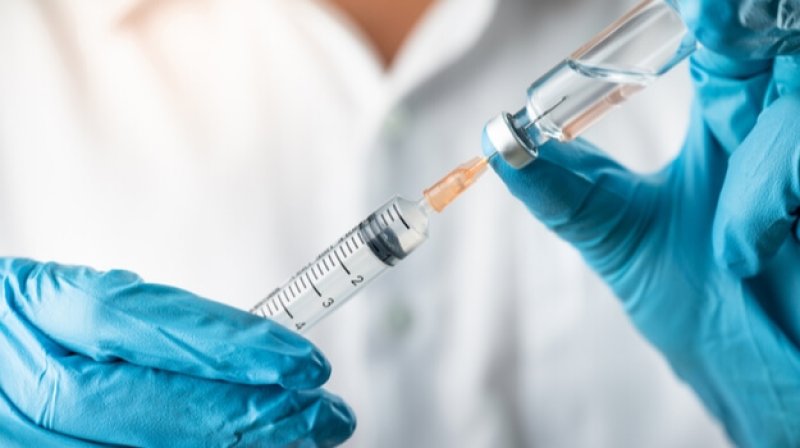A Canadian company says that it has produced a COVID-19 vaccine just 20 days after receiving the coronavirus’s genetic sequence, using a unique technology that they soon hope to submit for FDA approval.
Medicago CEO Bruce Clark said his company could produce as many as 10 million doses a month. If regulatory hurdles can be cleared, he said in a [recent] interview, the vaccine could start to become available in November 2021.
…
How did Clark’s team create one so quickly,? They use plants, not chicken eggs, as a bioreactor for growing vaccine proteins.
Traditional vaccine production requires eggs, a lot of them. Vaccine manufacturers inject the virus into the eggs, where it propagates. But using eggs is expensive, takes a long time, and is far from perfect. …
So Medicago doesn’t work with a live virus. Instead, it uses plants, a relatively new approach that has seen much advancement in the past decade. It inserts a genetic sequence into agrobacterium, a soil bacteria, which is taken up by plants — in this case, a close cousin to tobacco. The plant begins to produce the protein that can then be used as a vaccine. If the virus begins to mutate, as is expected for COVID-19, they can just update the production using new plants.































